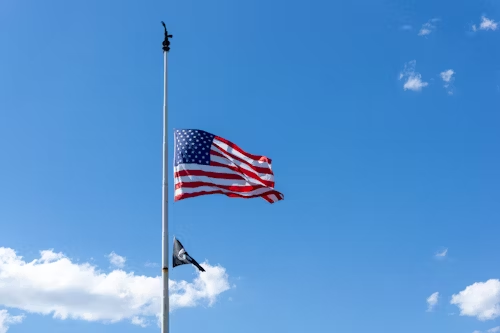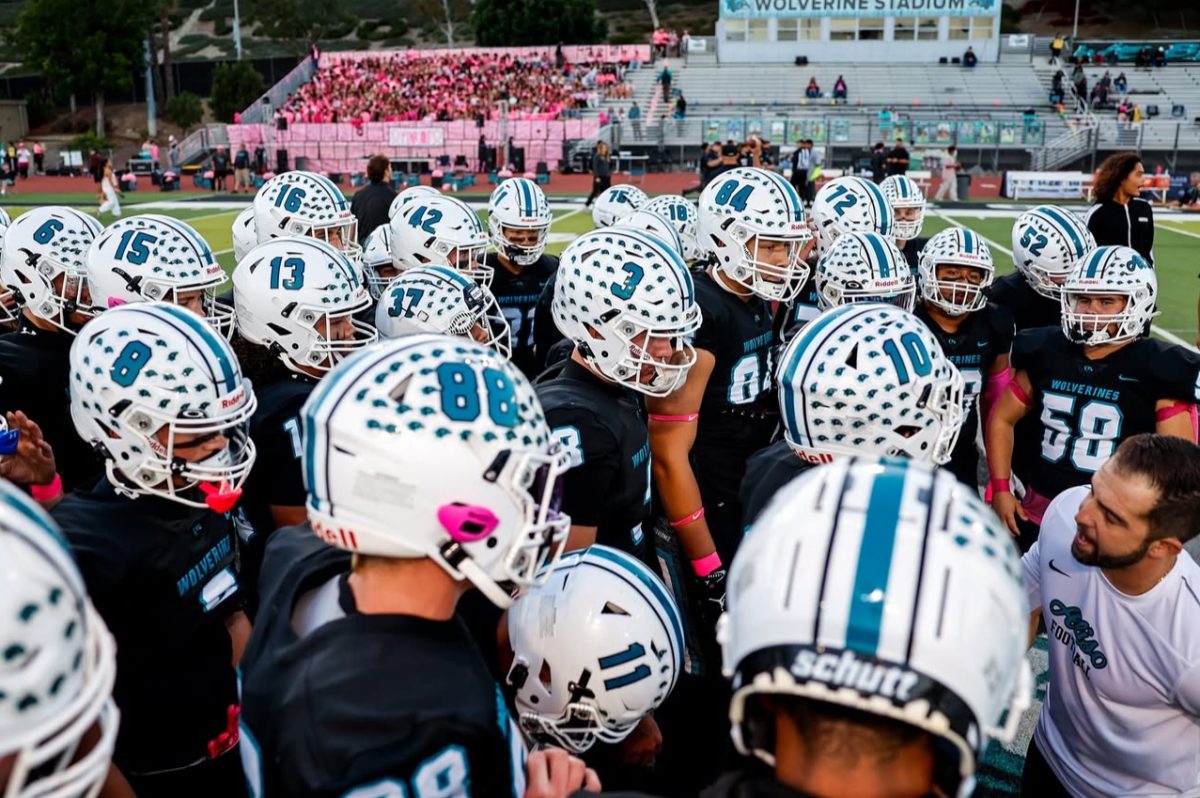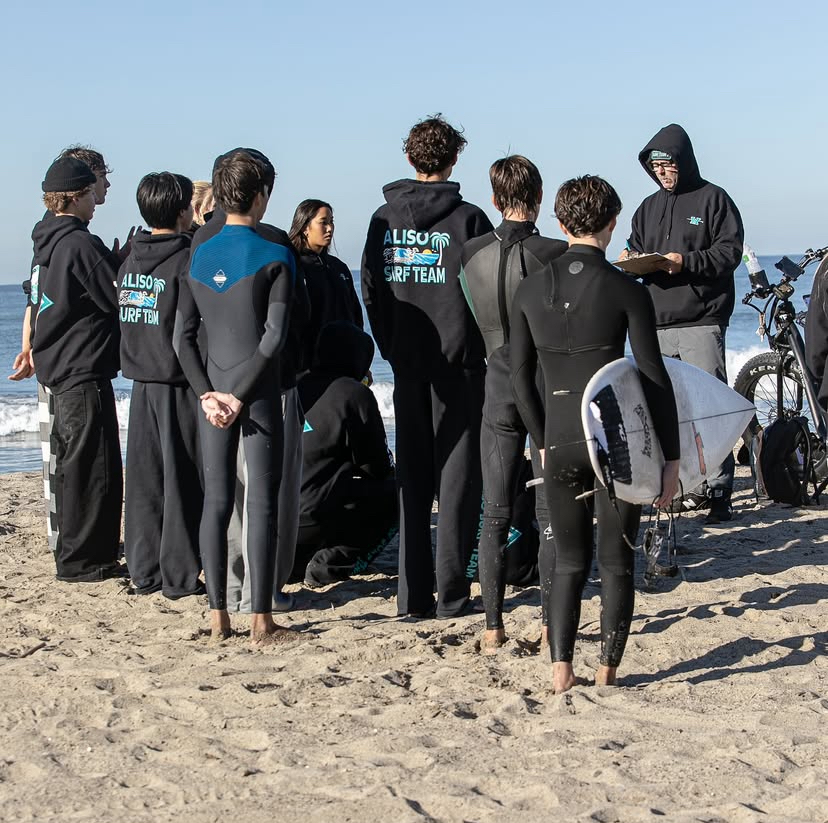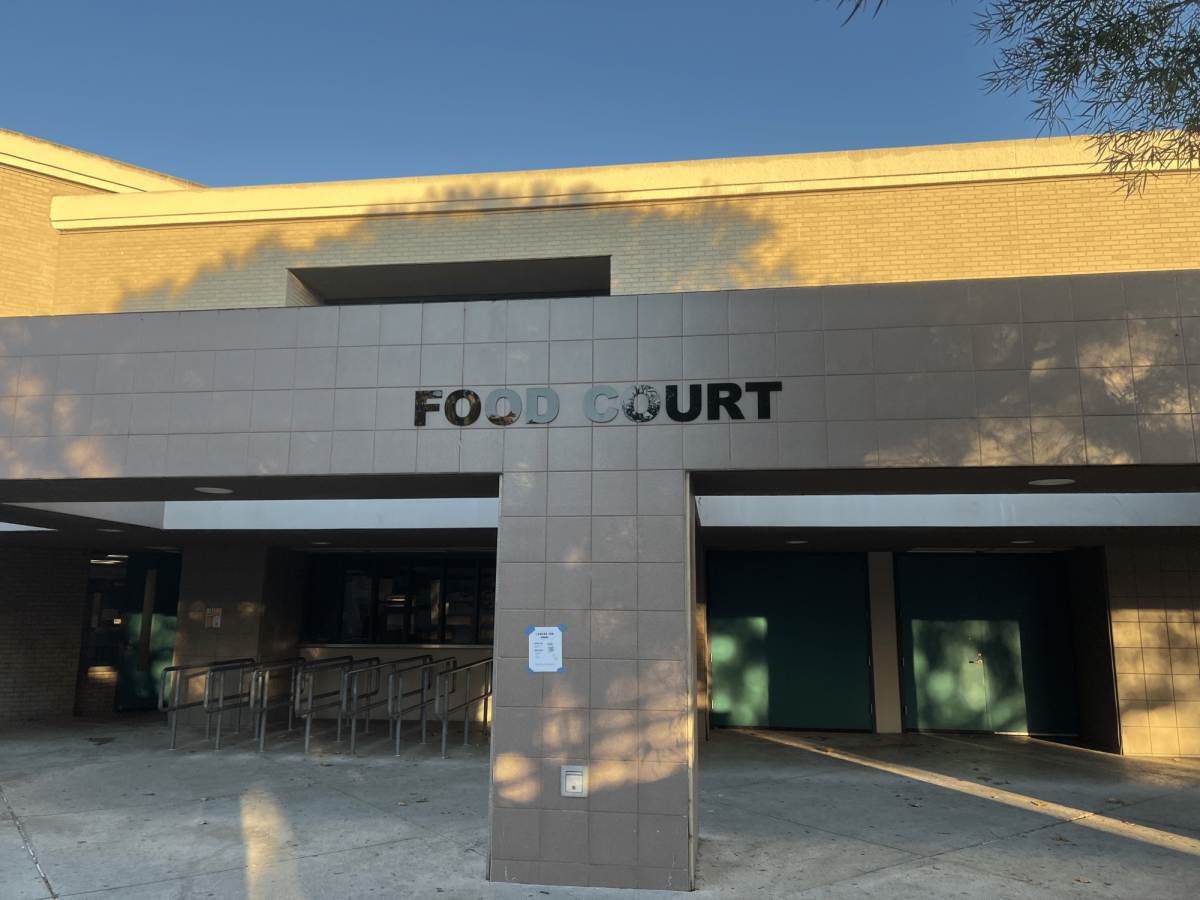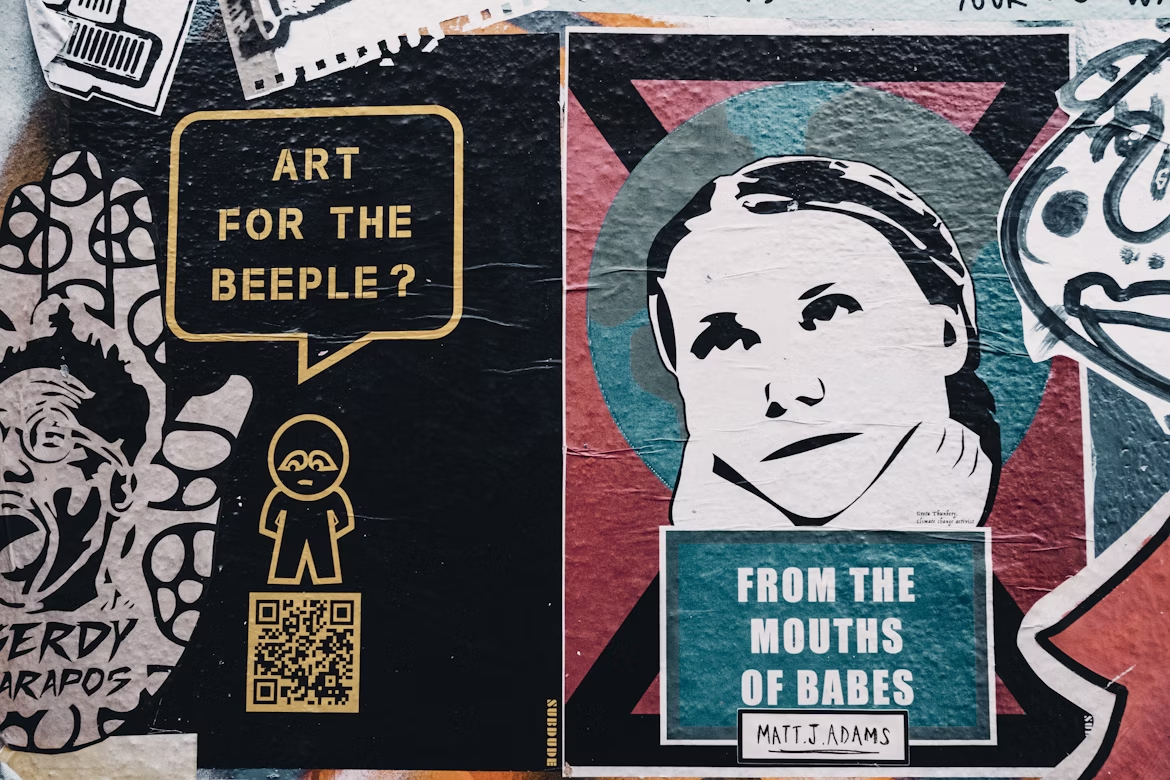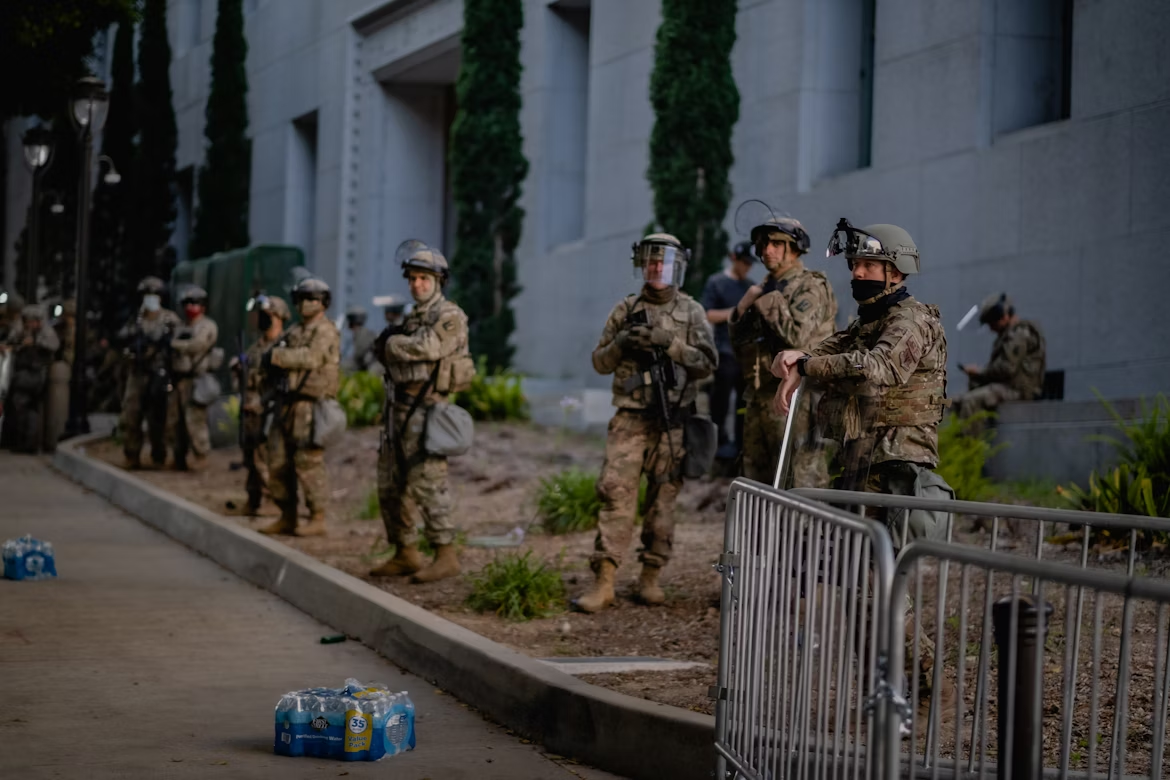In a shocking incident that has sent ripples through the political landscape, Charlie Kirk, a well-known conservative commentator and founder of Turning Point USA, was assassinated at Utah Valley University (UVU) on Sept. 10, 2025.
His death has ignited intense discussions about the climate of political violence and the effects of divisive rhetoric in today’s society.
Kirk was a prominent figure in conservative circles, admired by many for his strong advocacy for free speech and political engagement.
However, he was also a controversial figure whose opinions often drew sharp criticism. His assassination has raised serious concerns about the safety of political figures and the increasing hostility surrounding political discourse in the United States.
As details surrounding the incident emerge, the implications of Kirk’s death are becoming clearer.
Witnesses at UVU reported a chaotic scene as the event unfolded, leading to widespread shock and fear among students and attendees. This tragic event has spotlighted the dangers faced by public figures, especially those who hold controversial views that challenge mainstream opinions.
Supporters of Kirk have been vocal in their grief and anger, calling attention to the need for safer environments for open dialogue and political expression. Many emphasize that his assassination represents a broader issue, a troubling trend of violence against those in the political sphere.
“Political dialogue is essential to a functioning democracy, but it must be conducted in a manner that respects differing viewpoints and prioritizes safety for all participants,” says AP American Government teacher and Basketball coach, Mr. Barnett.
On the other hand, some critics are discussing the environment that led to such an extreme act, questioning the role of inflammatory language and the divide between differing ideologies.
The aftermath of Kirk’s assassination is prompting discussions about the responsibility of public figures in shaping the political landscape. While some believe that aggressive tactics and provocative statements can energize supporters, others argue that such approaches can create an atmosphere where violence becomes a possibility.
Kirk’s death serves as a harsh reminder of the stakes involved in political dialogue and the urgency for thoughtful conversation in a time of division.
Kirk’s assassination has raised awareness about mental health and the pressures associated with public life. Those in the spotlight often deal with intense scrutiny, which can lead to severe emotional strain.
Ms.Terhardt, the AP European History and AP Human Geography teacher, expresses, “It is crucial for students to understand the historical context of political discourse; learning from past events can guide us towards a future where dialogue prevails over violence.”
As the nation reflects on this tragic event, there is an ongoing conversation about how to foster a culture that values respectful dialogue and understanding, rather than aggression and fear.
As tributes pour in and memorials are planned, this incident has sparked a necessary conversation about the future of political discourse in the country. Charlie Kirk’s life and untimely death highlight the urgent need for a collective commitment to reducing violence and promoting empathy in political discussions.
Kirk’s assassination may serve as a pivotal moment for advocates on both sides of the political spectrum to reconsider how they express their beliefs and engage with opposing views.
In a time when disagreements seem to reign, the hope remains that this tragedy can inspire a movement toward more respectful and constructive conversations, ensuring that political engagement does not come at the cost of safety and humanity.
